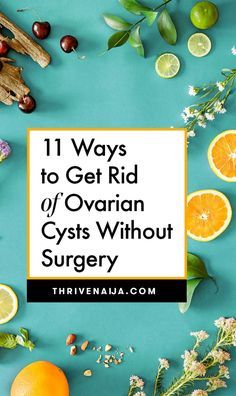Good cervical health is crucial for overall well-being and reproductive health in women. The cervix is a small organ located at the lower end of the uterus, connecting it to the vagina. It plays a vital role in fertility, pregnancy, and childbirth. Maintaining cervical health is important to prevent various conditions, including cervical cancer, infections, and complications during pregnancy.
Cervical Cancer and Screening
Cervical cancer is one of the most common types of cancer that affects women worldwide. It is primarily caused by the human papillomavirus (HPV) infection. Regular cervical cancer screenings, such as Pap smears and HPV tests, can detect abnormal cells or HPV infections early on, allowing for timely interventions and treatments.
Cervical Infections
Cervical infections, such as bacterial vaginosis and sexually transmitted infections (STIs) like chlamydia and gonorrhea, can lead to significant health issues if left untreated. Practicing safe sex, maintaining good genital hygiene, and getting regular check-ups are important preventive measures to protect against these infections. Vaccination against HPV is also highly recommended to reduce the risk of cervical cancer.
Maintaining Cervical Health
There are several ways women can maintain good cervical health: Getting regular cervical cancer screenings Practicing safe sex Using condoms to reduce the risk of STIs Quitting smoking, as it increases the risk of cervical cancer Maintaining a healthy diet and lifestyle
Ovarian Health
The ovaries are two small, almond-shaped organs located on either side of the uterus. They are responsible for producing and releasing eggs necessary for reproduction as well as producing hormones like estrogen and progesterone. Maintaining optimal ovarian health is essential for normal menstrual cycles, fertility, and hormonal balance.
Ovarian Cancer
Ovarian cancer is a serious condition that affects the ovaries. It is often challenging to diagnose at an early stage due to its subtle symptoms. Regular visits to a gynecologist are important for detecting any potential issues. Women with a family history of ovarian cancer or specific genetic mutations, such as BRCA1 and BRCA2, may be at a higher risk and should consider genetic counseling or testing.
Ovarian Cysts
Ovarian cysts are fluid-filled sacs that develop within or on the ovaries. They are common and often benign, but in some cases, they can cause discomfort or serious complications. Regular pelvic exams and ultrasounds can help identify and monitor the size and condition of ovarian cysts. Treatment options depend on the type, size, and symptoms associated with the cysts.
Maintaining Ovarian Health
To promote optimal ovarian health, women can follow these guidelines: Eat a balanced diet rich in fruits, vegetables, and whole grains Exercise regularly to improve blood flow to the ovaries Manage stress levels through relaxation techniques Limit exposure to environmental toxins Discuss any changes in menstrual cycles or symptoms with a healthcare provider
Conclusion
Both cervical and ovarian health are vital for a woman's overall well-being and fertility. Regular screenings, practicing safe sex, and maintaining a healthy lifestyle are essential for preventing and detecting any potential issues early on. By prioritizing cervical and ovarian health, women can take control of their reproductive health and reduce the risk of serious conditions like cervical cancer and ovarian cysts.
